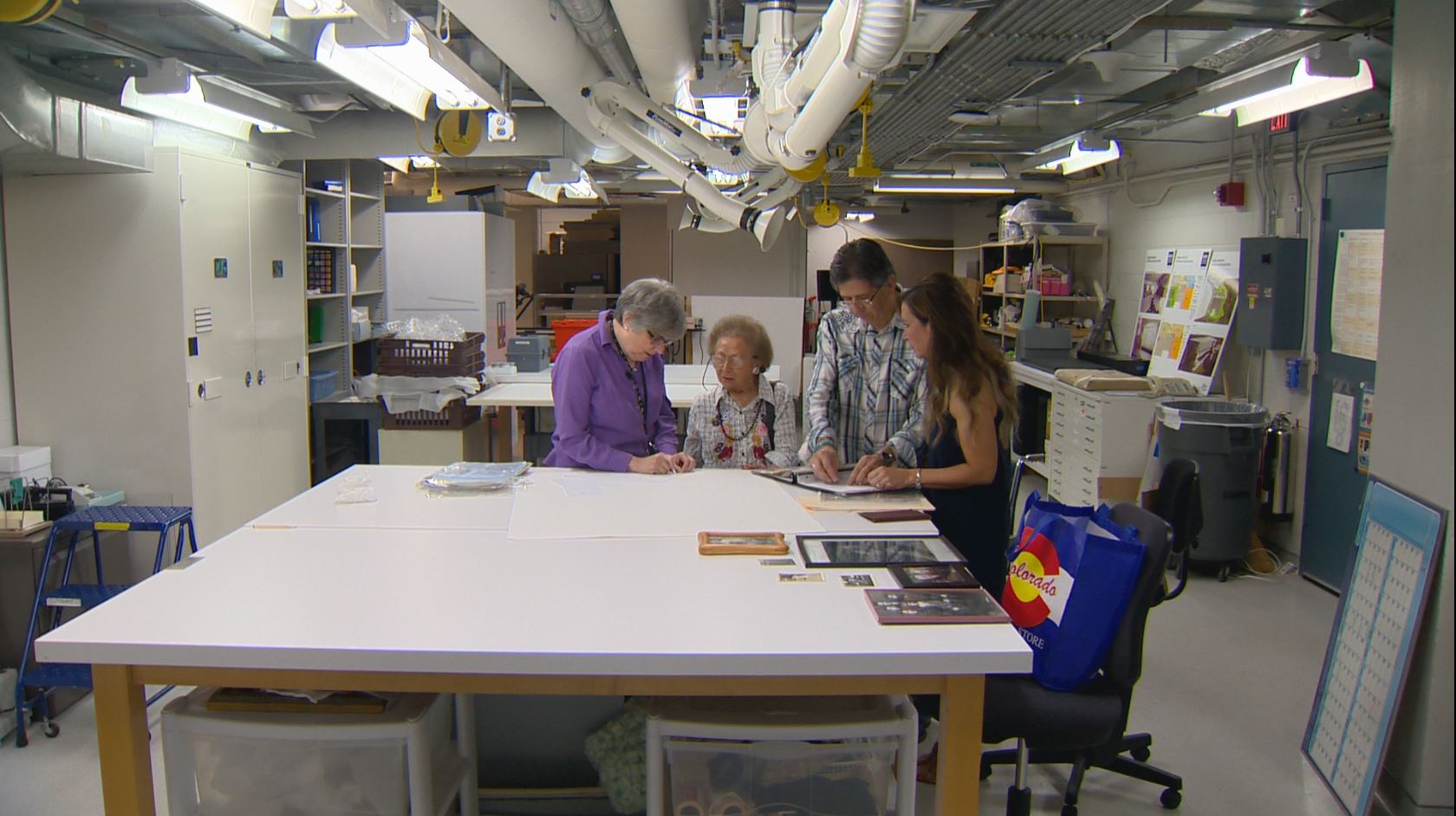For the Listas, trying to find out their family's history is like trying to put a puzzle together without all the pieces.
Sharon Lista says that she's tried the usual routes: she's gone on Google and tried Ancestry.com - to no avail.
“We didn't know where or what our roots were, where we came from,” Sharon Lista said.
Her family history was fragmented by one of the world’s darkest chapters. Her father, Jerry Lista, survived what many did not: five concentration camps and a death camp during World War II.
A few weeks before he passed away in March of last year, she found a set of documents tucked away in a satchel in a box. Inside it was Jerry Lista's liberation papers and papers documenting his time in the Dachau concentration camp.
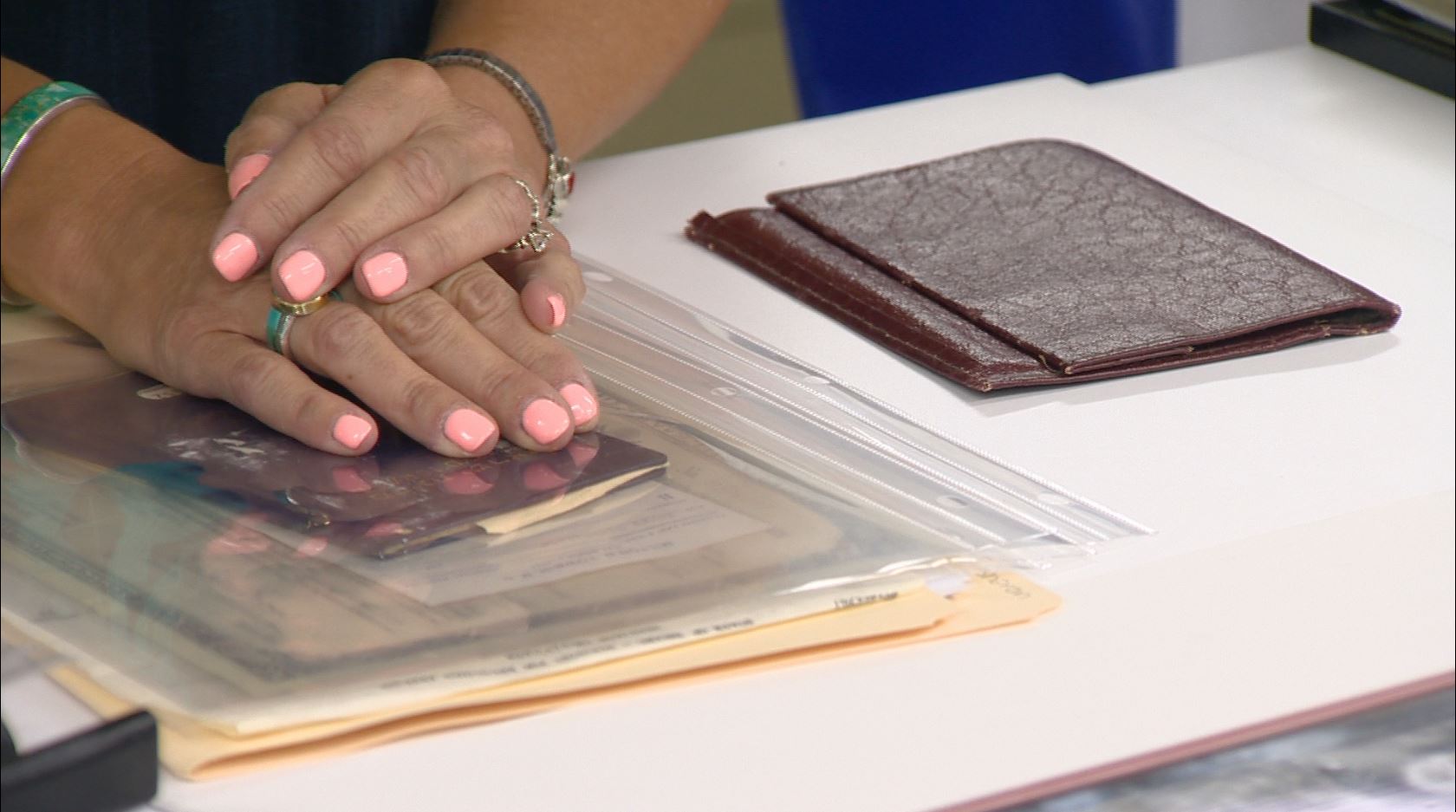
She told 9NEWS that she didn't think anyone else had documents like this linked to her father. At least, until they donated the papers to the U.S. Holocaust Memorial Museum and met Steven Vitto.
Vitto's worked at the museum for 27 years.
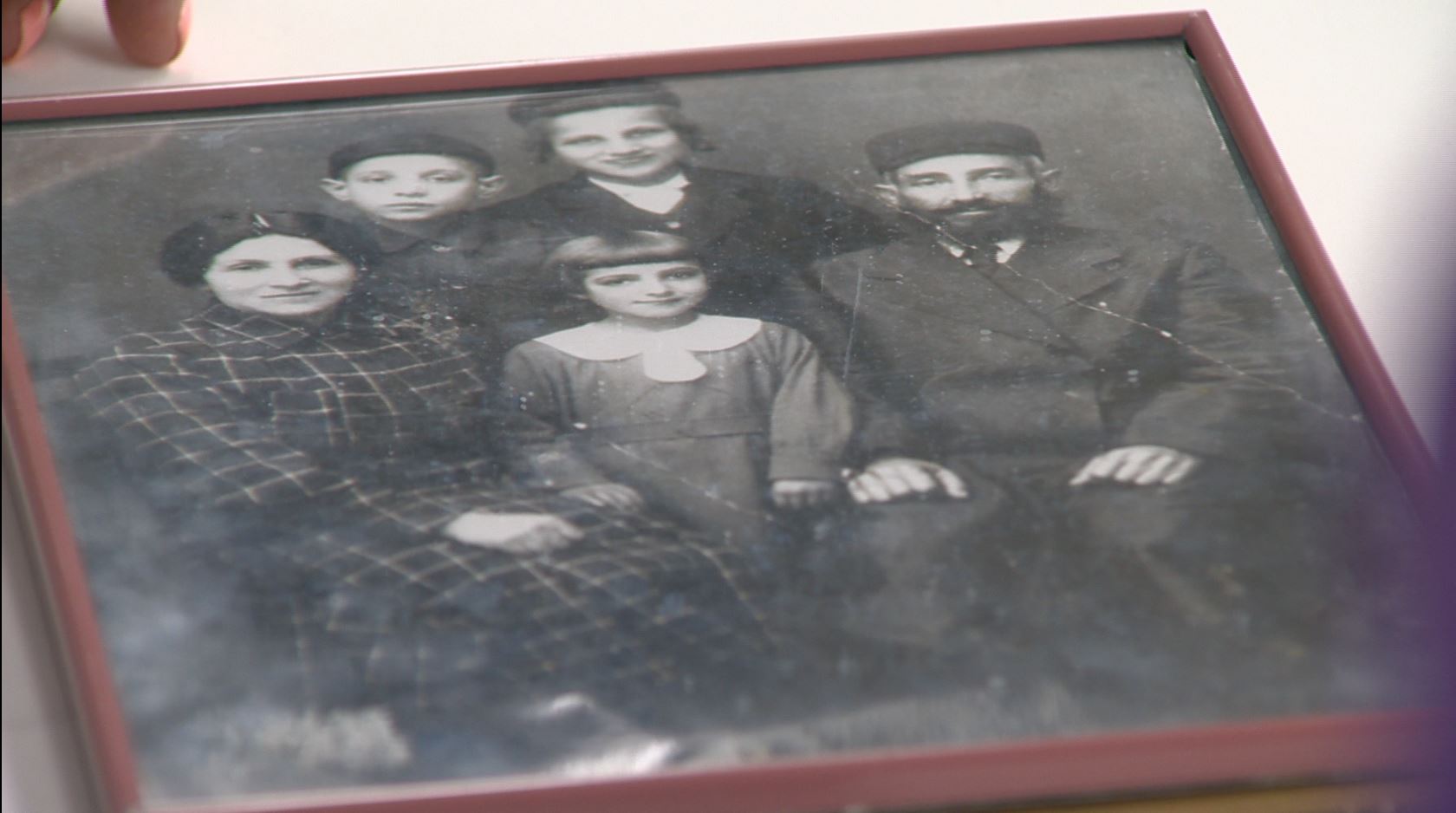
“The particular collection we were focusing on today is the records of the International Tracing Service of the Red Cross,” he explained.
In just a matter of minutes, he found more clues about her family, including her dad, than they'd ever had before.
“This is Dachau, his arrival date,” he said looking through the documents. “And a summary says he came from Natzweiler.”
At the Natzweiler-Struthof concentration camp some prisoners were subjected to medical experiments. It’s also where Lista was imprisoned with his brother-in-law.
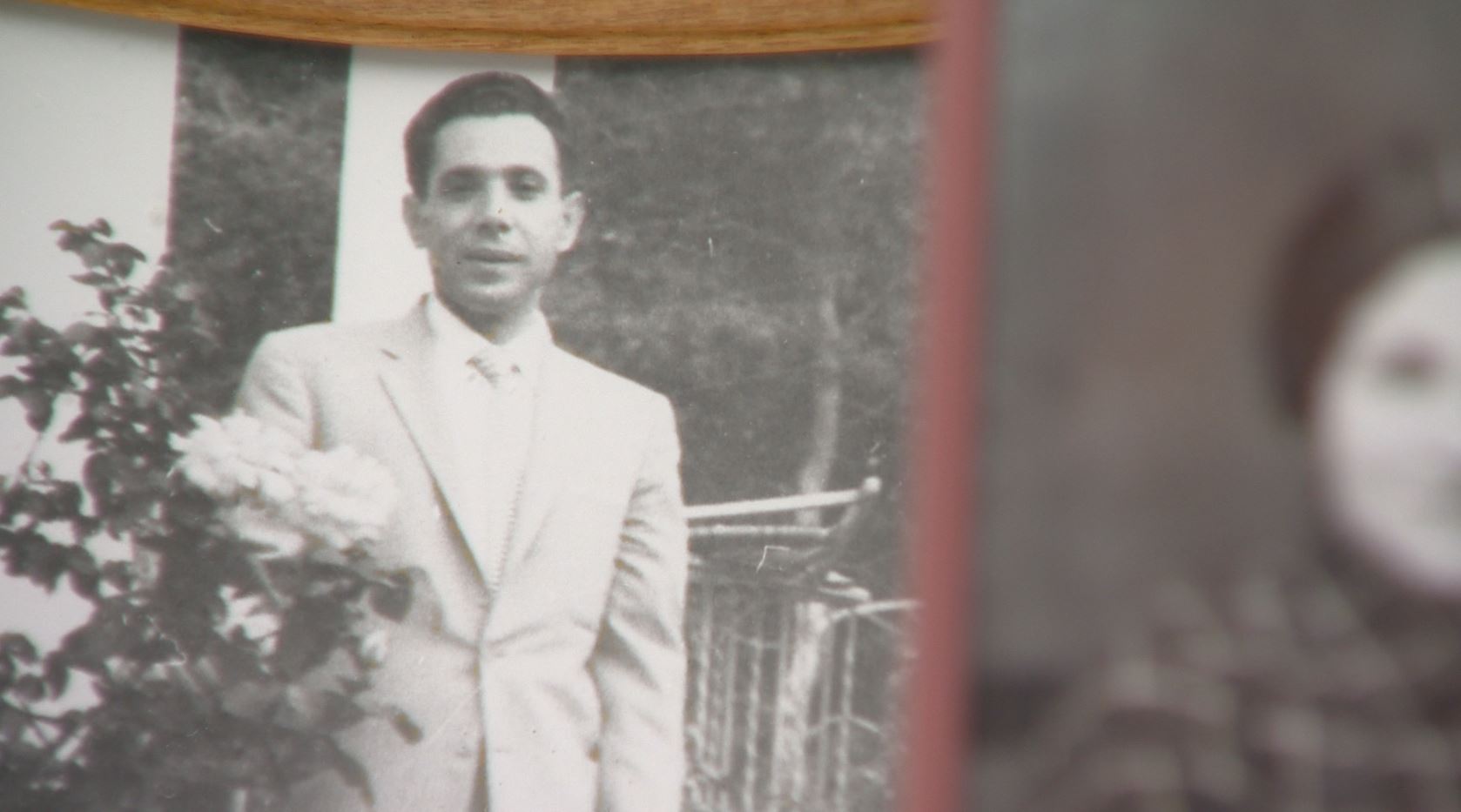
“He would have been my uncle. I wish I knew what he looked like,” said Sharon Lista.
But she didn’t know his full name, only that he married her aunt. She didn’t know until she asked Vitto. He showed her documents that said Loebel Rotbart married her aunt in the Warsaw ghetto back in 1941. Vitto was able to give Sharon Lista Rotbart's prisoner number at Natzweiler-Struthof, where he father was also imprisoned.
The last record for Loebel Rotbart that Vitto could find traced back to October 1944 - to Natzweiler-Struthof. Despite records showing requests for his death certificate years later, none were issued.
“He meant a lot to my dad,” Sharon Lista explained.
Even with only partial names and bits of oral stories, Vitto searched through millions of records to track down information both difficult to hear and cherished.
“Any record western allies came across - camp records, prison records, or sometimes municipal records as well - would be captured and sent to a central place in Germany just because it hadn't been bombed and was in good enough shape to have those,” explained Vitto about the source of this information.
Seven decades later, people like Sharon Lista are still searching.
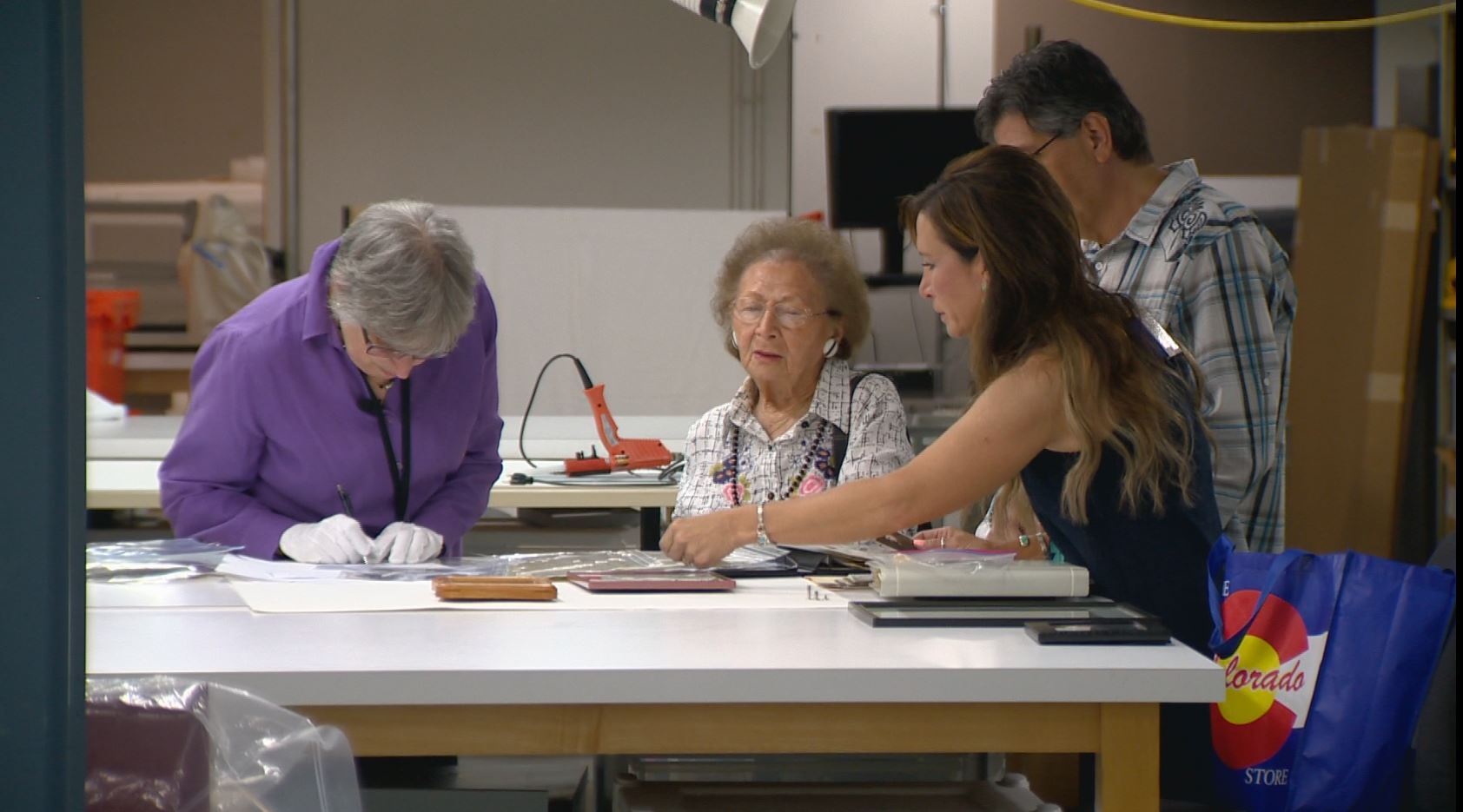
“It's like you opened a box and found all this information and you could keep going,” she said.
Because seven decades later, every clue, small or big, means so much. It helps put together the puzzle of her family history.
“Thank you so much for all your help and opening a door I didn't know existed,” she said.

